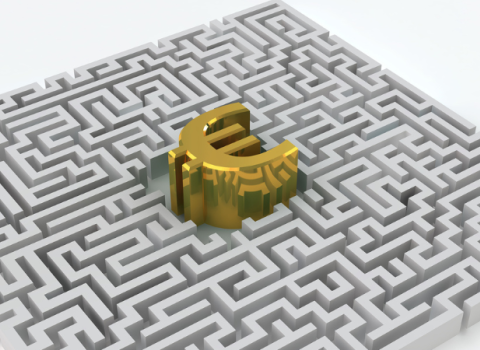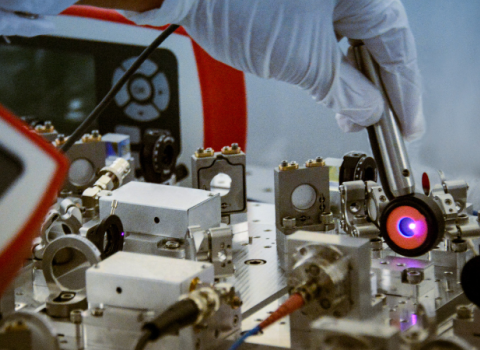The Finnish Quantum Agenda is a 30-page document detailing what kind of steps need to be taken to secure the right people and the right facilities for quantum technology – the two things experts consider the main components of success, both now and in the long term. The Agenda was prepared by experts of quantum science and technology from various Finnish universities, research organisations, and companies.
‘The Finnish quantum ecosystem is made up of universities, research organisations, and companies – all building new quantum solutions. It also includes the eventual end-users of our innovations and funding agencies. This ecosystem has the potential to be one of the major international players in quantum technology. With the Agenda, we wanted to lay out our vision of how to best achieve that goal,’ says Jukka Pekola, professor at Aalto University and director of InstituteQ, a community of quantum experts coordinated by Aalto University, the University of Helsinki, and VTT.
Bracing for quantum changes in a wide range of domains
According to the Agenda, Finland is currently punching above its weight in the quality of quantum research. Further development in this area requires investing more into research and innovation, research infrastructures, and education. Other key steps include regulatory changes and enhancing international co-operation.
And the agenda stresses that the right time to act is now. Quantum technologies are developing at an accelerating speed and becoming more widely available for commercial use. Moreover, the field has a geopolitical and security-related dimension that is becoming increasingly relevant. The agenda suggests that a rapid preparation and implementation of a national quantum strategy is necessary.
The Finnish Quantum Agenda is available on the InstituteQ website.
This article was first published on 24 February by Aalto University.





 A unique international forum for public research organisations and companies to connect their external engagement with strategic interests around their R&D system.
A unique international forum for public research organisations and companies to connect their external engagement with strategic interests around their R&D system.